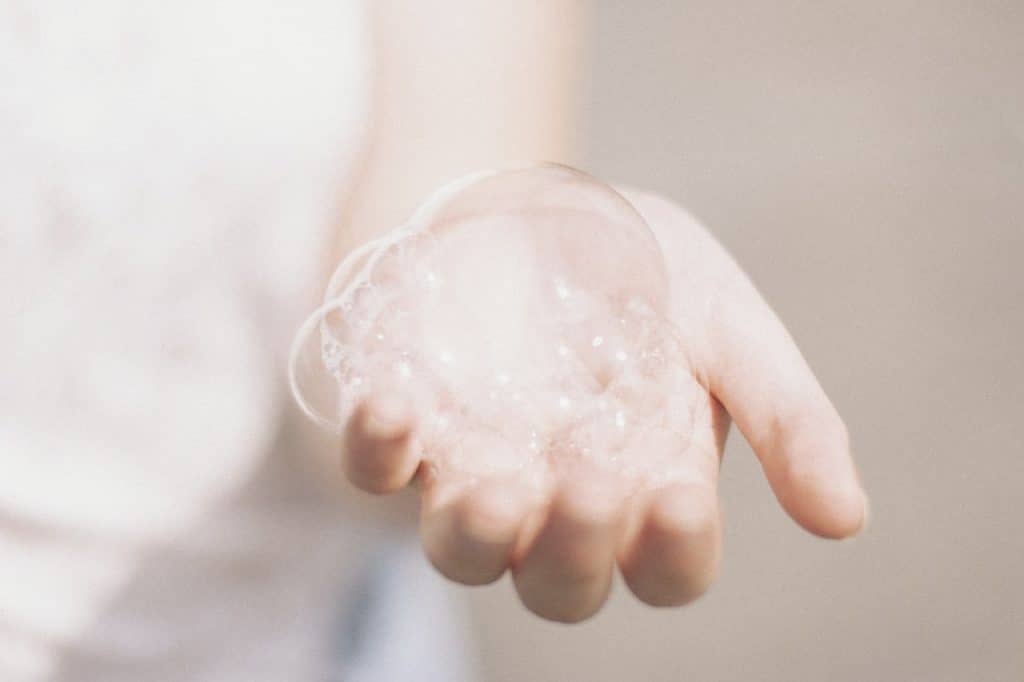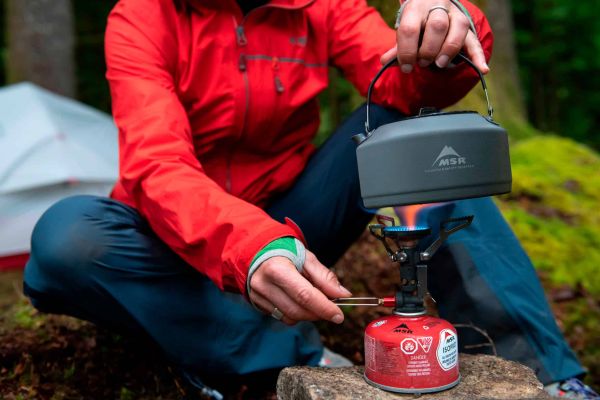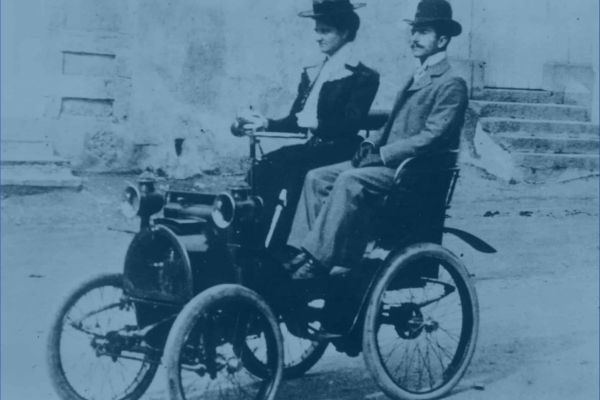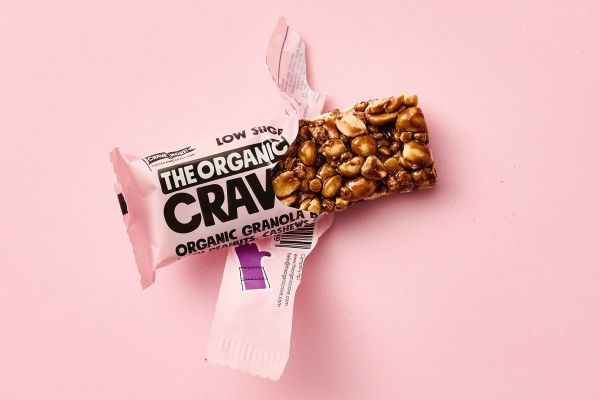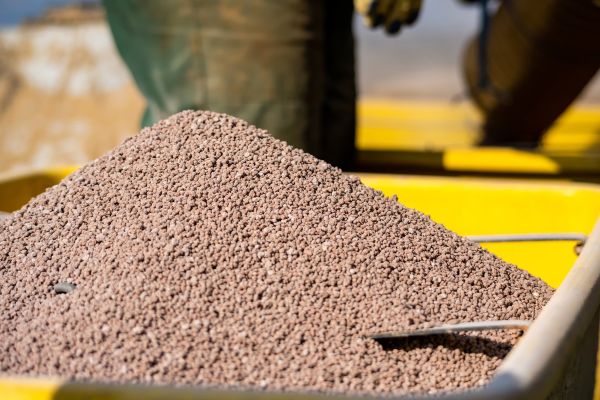Why soap really helps against Corona
- March 23, 2020
The main way in which the coronavirus can be transmitted is by human contact. It is a highly contagious virus, which is passed on from person to person in the small droplets of saliva that are released when someone who is already infected coughs or sneezes. These droplets can infect new people either directly, if they are inhaled, or indirectly, if they are picked up via the hands. Most people cough or sneeze into their hands, so that the infection can easily be passed on by hand-to-hand contact. If a droplet of the virus lands on the hand of an uninfected person and if this person then touches his or her face, the disease will be transmitted. Hence the need to remain at a sufficient distance from each other (now known as ‘social distancing’) and to wash or disinfect your hands frequently.
Although the public health authorities have made repeatedly clear to people that regular and thorough washing of the hands is a very effective way to help limit the spread of COVID-19, there is still a popular perception among large sections of the population that it is better to use disinfecting hand gels. As a result, there has been an unprecedented rush to buy these gels, so that there is a risk of a shortage. This prospect has led to the surprising yet large scale emergence of do-it-yourself (DIY) disinfectant solutions or even substitute gels, based on alcohol. These alternatives sometimes make use of very strong spirits; sometimes they contain non-drinkable alcohols, like isopropanol. The makers of these ‘products’ often refer to the WHO local production manual for medical personnel in developing countries, where hand gels are scarce.
We would like to point out that making your own gels in this way involves considerable risk. Above all, it is crucial to achieve the correct concentration of alcohol [2] But this is by no means easy. If the level of alcohol is lower than 60%, the gel will not be effective in killing the virus. If the level is too high, the alcohol will dissipate too quickly to interact with virus in the required manner and will also potentially damage your skin. As a result, badly made hand gels of this kind can give a false perception of cleanliness.
Moreover, there are numerous scientific studies which show that soap, if used correctly and with sufficient frequency, is just as effective if not more effective than gels. In other words, gels are primarily a good alternative [3] when soap and water are not available.
Soap works well against COVID-19, because it targets the weakest link in the virus; namely, the lipid bilayer that forms part of the viral envelope. Soaps dissolve the lipid bilayer in water, so that the virus degrades and loses its ability to infect. Alcohol has a similar impact on the viral envelope, but is less effective than soap.
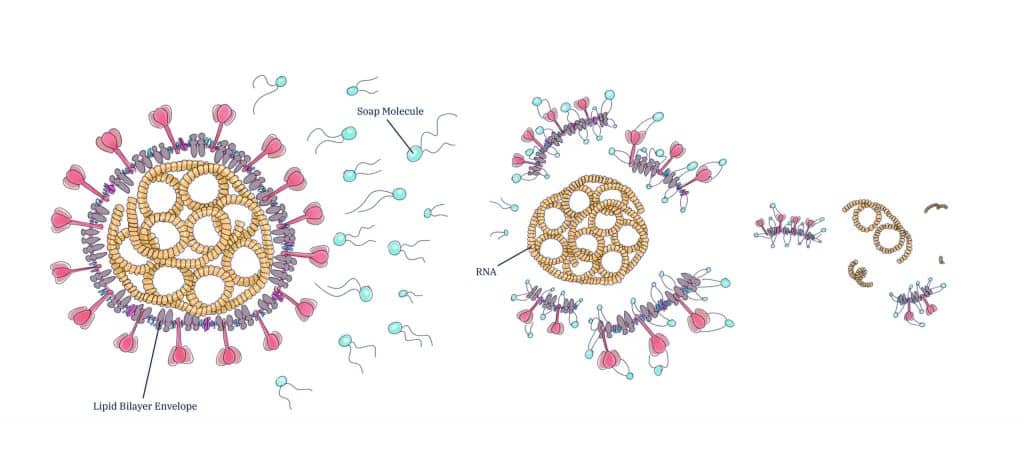
In addition to washing your hands, it is also important to remember the COVID-19 virus is able to survive on surfaces for a relatively long period of time (up to 9 days [4] for some strains). Even though this not the most important route for the spreading of the virus, it is nevertheless recommended to regularly clean and disinfect all frequently touched surfaces, such as door handles. The American Environmental Protection Agency has published a list [5] of disinfectant products that can be used to combat the COVID-19 virus. Preferably, use should be made of an ethanol solution (60-70%), 0.5% hydrogen peroxide or 0.1% sodium hypochlorite (bleach).
So the message is clear: wash your hands with soap and don’t mess around with DIY hand gels!
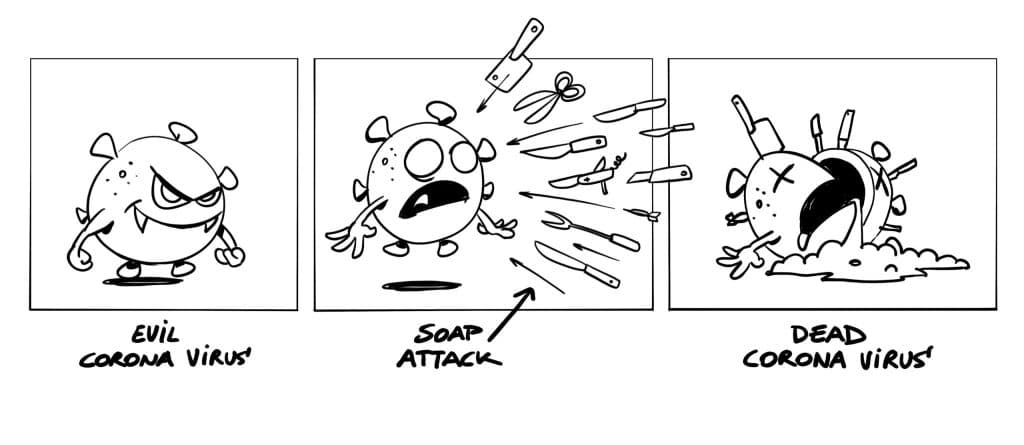
About creax
Creax is a research-driven innovation advice bureau. As an innovation expert, creax can draw on experience and expertise acquired during the past 20 years in more than 1,200 projects in a wide range of sectors. Through a process of research in various databases and other knowledge sources, we are able to create cross-industry intelligence. The insights and recommendations obtained in this manner form the basis for strategic decisions and the development of groundbreaking innovative solutions.
Our scientists have used our text mining tools, based on artificial intelligence (Ai), to gain insights into the corona crisis and to formulate advice that can really help. Our aim is to make our own small contribution in the fight to beat this deadly virus. In the coming weeks we will share more of our creax insights.
Contact:
Mathieu Mottrie
CEO
m@creax.com
+32 475 84 26 39
References
[2] https://www.sciencealert.com/what-you-need-to-know-about-using-hand-sanitizer-against-coronavirus
[3] https://theconversation.com/coronavirus-not-all-hand-sanitisers-work-against-it-heres-what-you-should-use-133277
[4] https://www.journalofhospitalinfection.com/article/S0195-6701(20)30046-3/pdf
[5] https://www.epa.gov/pesticide-registration/list-n-disinfectants-use-against-sars-cov-2
